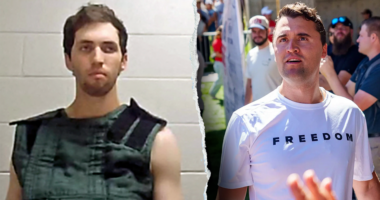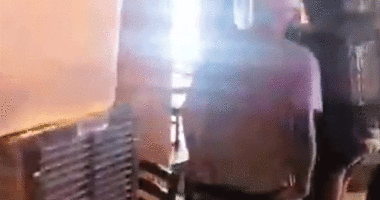Share this @internewscast.com

Camden County High School has appointed Tucker Pruitt as the new head coach of their football team, following the departure of Jon Lindsey.
CAMDEN COUNTY, Ga. — On Monday night, the Camden County School District officially revealed that Tucker Pruitt will take the reins as the head football coach for the Camden County High School Wildcats.
This development comes in the wake of Jon Lindsey’s resignation from the position.
Pruitt previously held the head coaching position at Appling County High School, where he led the team to a regional championship and secured a spot in the second round of the playoffs this past season.
The district expressed enthusiasm about Pruitt’s appointment, stating, “We are very excited to have Coach Pruitt with us and leading us forward in 2026.”
To welcome Coach Pruitt, a community introduction event is scheduled for January 21 at 6 p.m. in the Camden County High School auditorium. Families, alumni, and supporters are encouraged to attend and greet the new coach.
















